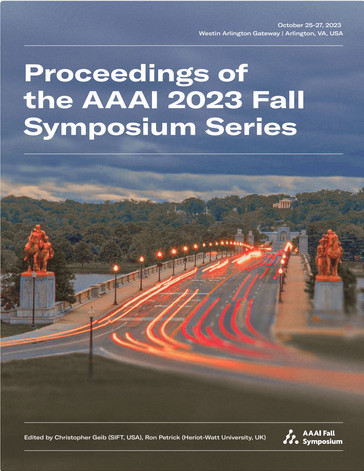Quantum Machine Learning in Climate Change and Sustainability: A Short Review
DOI:
https://doi.org/10.1609/aaaiss.v2i1.27657Keywords:
Quantum Machine Learning, Climate Adaptation, Quantum Computing, SustainabilityAbstract
Climate change and its impact on global sustainability are critical challenges, demanding innovative solutions that combine cutting-edge technologies and scientific insights. Quantum machine learning (QML) has emerged as a promising paradigm that harnesses the power of quantum computing to address complex problems in various domains including climate change and sustainability. In this work, we survey existing literature that applies quantum machine learning to solve climate change and sustainability-related problems. We review promising QML methodologies that have the potential to accelerate decarbonization including energy systems, climate data forecasting, climate monitoring, and hazardous events predictions. We discuss the challenges and current limitations of quantum machine learning approaches and provide an overview of potential opportunities and future work to leverage QML-based methods in the important area of climate change research.Downloads
Published
2024-01-22
Issue
Section
Artificial Intelligence and Climate: The Role of AI in a Climate-Smart Sustainable Future

